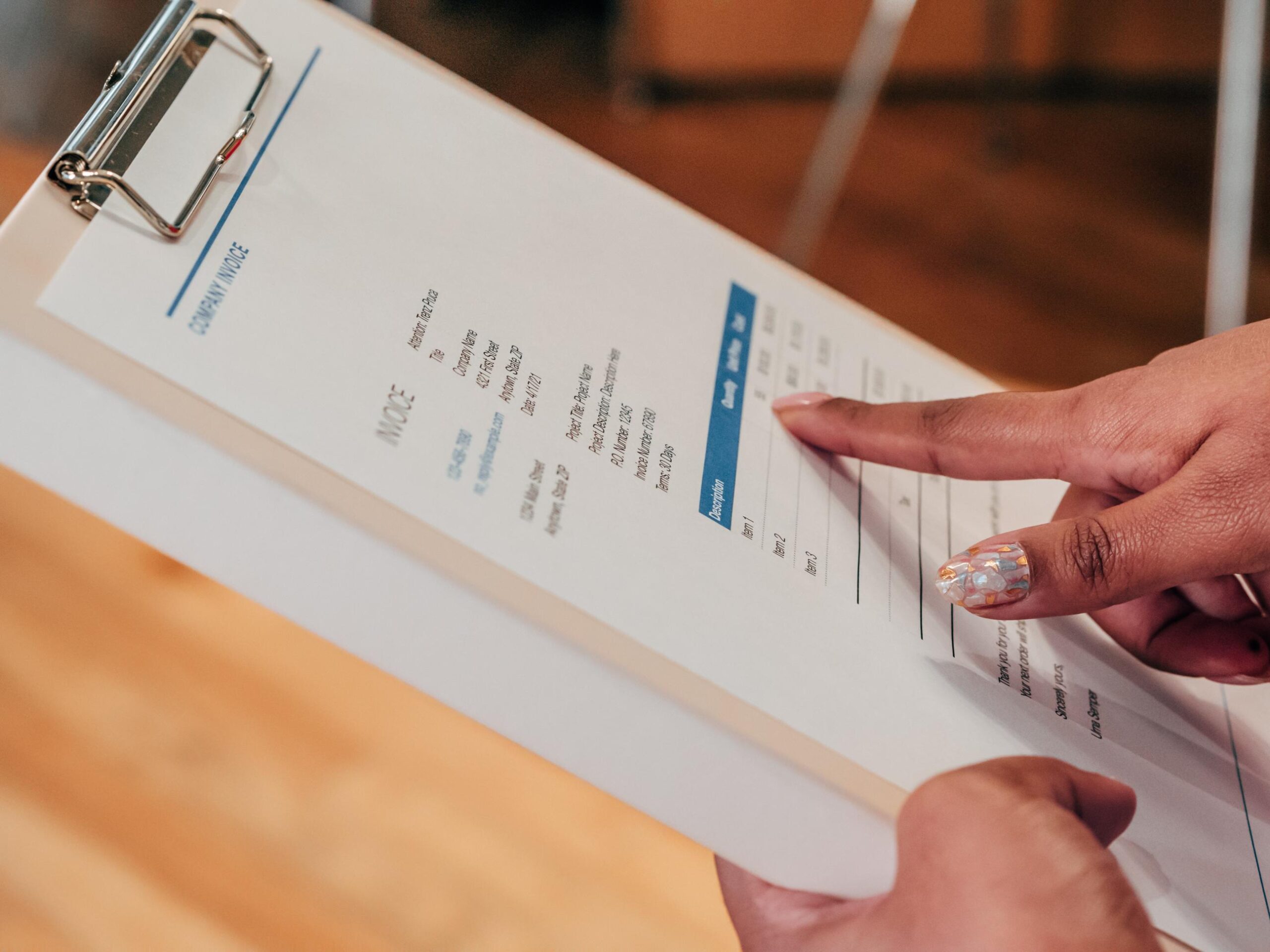Freelance Designer’s Financial Toolkit: Paystubs, Invoices, and Budgeting Tools
In the dynamic world of freelance designing, managing finances efficiently is crucial for success. Unlike traditional jobs, freelancers shoulder the responsibility of administrative tasks, and financial management is paramount among them. This comprehensive guide aims to equip freelance designers with essential insights into effectively handling paystubs, invoices, and budgeting tools, ensuring a seamless financial journey.

Understanding and Generating Paystubs
A paystub is a vital financial document outlining your earnings, deductions, and net pay. While traditionally associated with regular employment, they are equally important for freelancers, serving as proof of income for various financial obligations.
ThePayStubs offers an intuitive solution with its online paystub generator. This tool simplifies the creation process, requiring just a few steps: entering company and income information, choosing a paystub template, and receiving your stub electronically. The service emphasizes accuracy, speed, and convenience, eliminating the hassles of manual calculations.
Why is this relevant for freelance designers?
1. Proof of Income: Whether you’re applying for a loan or leasing a workspace, paystubs validate your financial stability and reliability.
2. Taxation: They’re indispensable for tax preparations, helping track earnings and deductions accurately.
3. Recordkeeping: Regular paystubs create a financial history, invaluable for business analysis and future planning.
However, caution is necessary. The market is rife with fraudulent paystub generators. A credible service like ThePayStubs ensures legitimacy, safeguarding your professional integrity.
Invoicing: The Freelancer’s Financial Communication
Invoicing, the lifeline of freelance financials, communicates your payment expectations to clients. It’s more than a request for payment; it’s a tool that, when used effectively, ensures timely compensation and maintains cash flow.
Key invoicing practices include:
1. Clarity and Detail: Itemize services, incorporating clear descriptions, pricing, and the total amount due. Transparency avoids confusion and disputes.
2. Professionalism: Use tools offering customizable invoice templates reflecting your brand, making a professional impression.
3. Timeliness: Invoice promptly post-service delivery. Establish and communicate clear payment terms, including acceptable payment methods.
4. Follow-up: Implement a system for tracking invoices, reminding clients about upcoming or overdue payments.
Budgeting Tools: Navigating Financial Success
Budgeting is the roadmap of your financial journey. It involves delineating financial strategies, monitoring expenses, and setting revenue goals. For freelance designers, unpredictability is a constant, making budgeting crucial.
Several digital tools assist with budgeting, providing platforms to organize financial data, from expenses to invoices. These tools offer features like real-time financial updates, expense tracking, and analytical reports for informed decision-making.
Integrating the Toolkit for Financial Efficiency
Effectively managing paystubs, invoices, and budgeting isn’t just about keeping your financial house in order; it’s about integrating these elements to create a cohesive financial workflow. This integration allows for:
1. Consistency: Regular, accurate paystubs and invoices reinforce your financial credibility, both personally and professionally.
2. Analysis and Planning: These tools collectively provide data for financial review, helping identify trends, areas for improvement, or growth opportunities.
3. Time Management: Streamlining financial processes frees up valuable time, allowing focus on creativity and client acquisition.
In conclusion, a freelance designer’s financial toolkit, comprising reliable paystub generation, effective invoicing practices, and strategic budgeting, is fundamental for sustainable success. Embracing these tools and strategies will not only organize your financial landscape but also propel your freelance career forward, fostering growth, stability, and confidence in your financial narrative.



